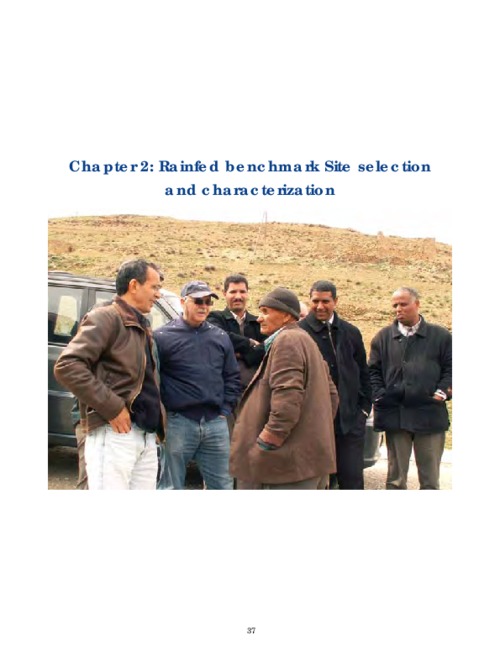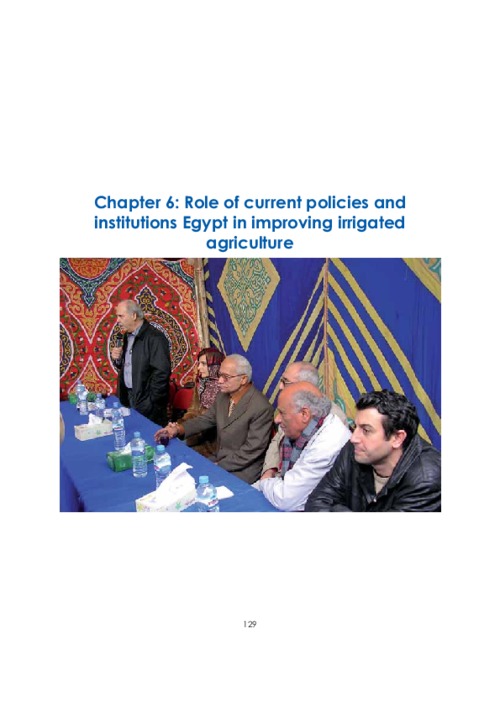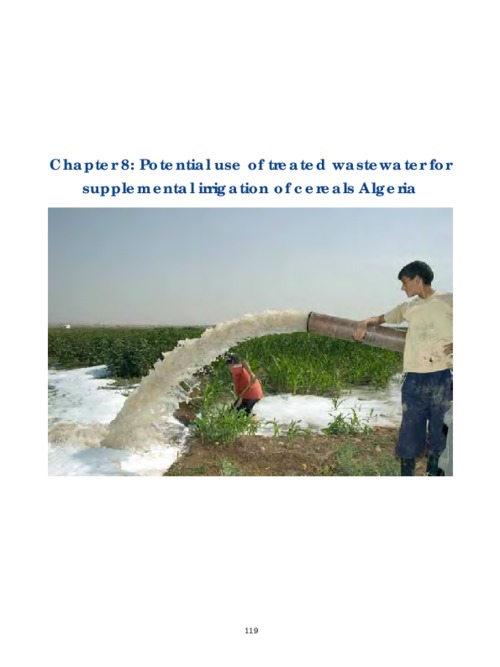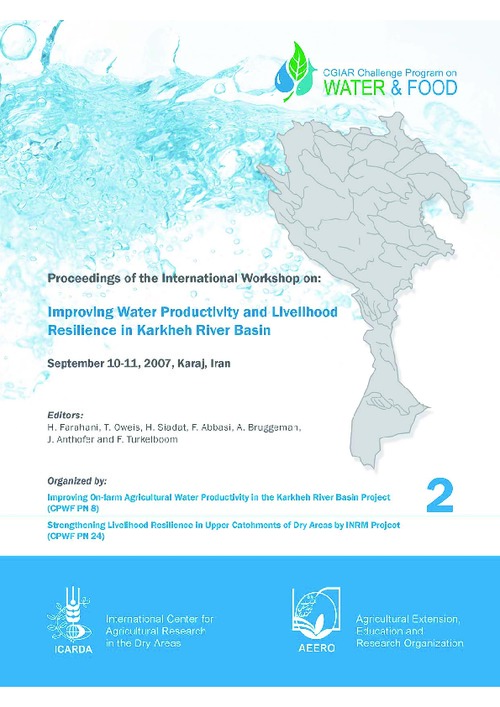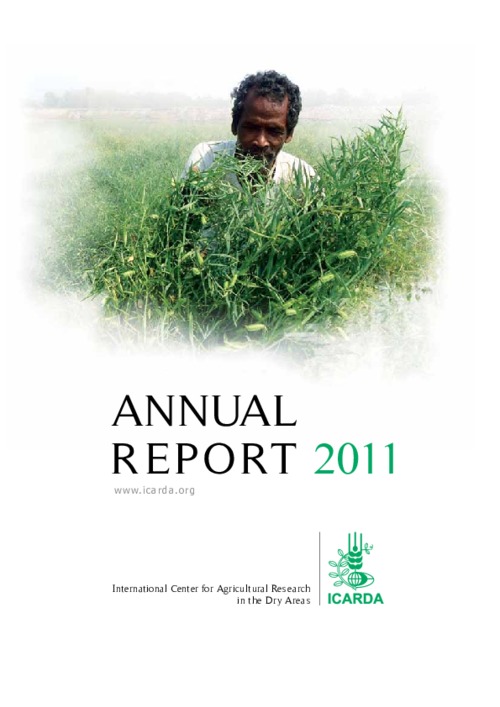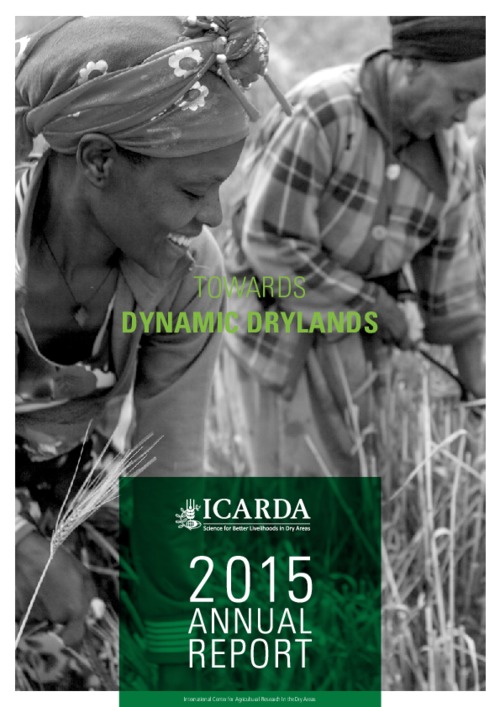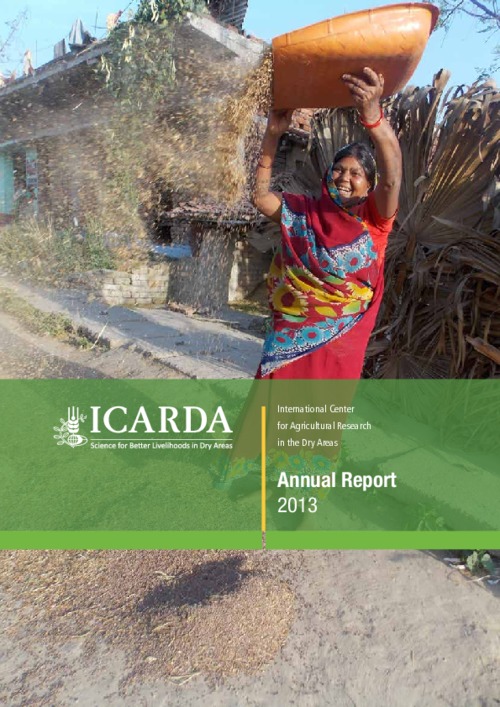Rainfed benchmark Site selection and characterization
From these workshops and an analysis of project documentation, we can conclude that possibilities for the improvement of water use do exist. These improvements depend not only on technical aspects, but also on organization and policy considerations.

